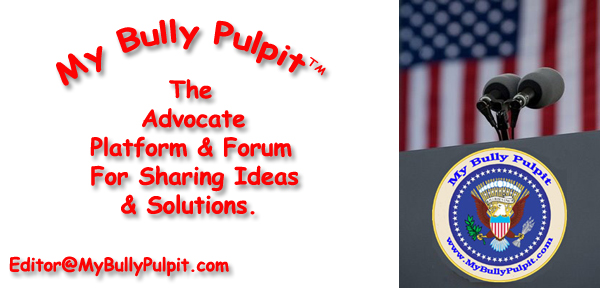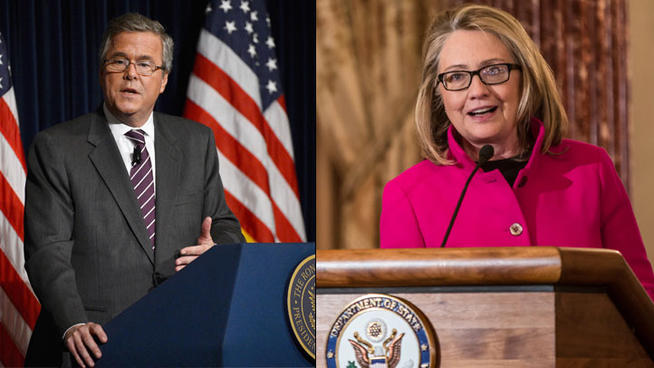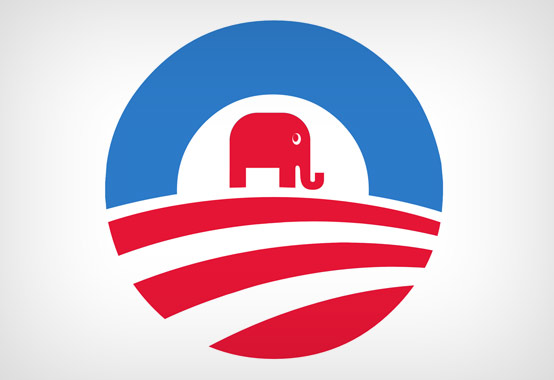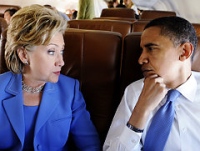Trump Economy Naysayers Lesson
 Monday, September 24, 2018 at 4:50AM
Monday, September 24, 2018 at 4:50AM

Reading Instructions:
- Put Down the iPhones
- Know a 10 Sec. News Sound Byte is not all the Facts
- Read actual Historical Facts on Record
- Learn how to discover the Real Facts for yourself
Fully understand what President Trump is accomplishing by comparing today's real facts to historial facts from 1843 to 2018 - You be the Judge... Enjoy this article, a real US History lesson!
To Every Thing There Is a Season, But Your Portfolio Shouldn’t Turn
By: Jason Zweig, Wall Street Journal
Sept. 21, 2018
Every year, as the end of summer approaches, monarch butterflies head for Mexico, birds migrate south for the winter, and financial pundits predict that the stock market is about to crash.
Is the longstanding popular belief that September and October are the worst months for stocks valid? Yes and no—mostly no.
Yes, some of the worst days in Wall Street’s history have hit during September and October - But that’s no reason to panic.
• On Sept. 24, 1869, the original Black Friday, the price of gold collapsed roughly 20% and took the stock market down with it.
• On Sept. 18, 1873, the investment bank Jay Cooke & Co. suspended payments, setting off a series of bank failures that triggered one of the worst depressions in U.S. history.
• On Oct. 16, 1907, a busted speculation in copper led to a run on some of New York’s biggest banks, sparking a panic that ended only when J.P. Morgan personally intervened—ultimately leading to the creation of the Federal Reserve.
• On Oct. 28, 1929, “Black Monday,” the Dow Jones Industrial Average lost 12.8% in the crash that set the stage for the Great Depression.
• On Oct. 19, 1987, the Dow fell 22.6%, the worst daily loss in its history.
• On Sept. 15, 2008, Lehman Brothers failed, ushering in the darkest days of the global financial crisis.
Is this destiny, or just random variation?
According to William Schwert, a finance professor at the University of Rochester who studies the history of asset prices, September does have the lowest average return of any month. From 1834 (the earliest date for broad market data) through 2018, September is the only month whose average return is negative -- at minus 0.4%.
Why Do You Think They Call It 'Fall'? The U.S. stock market has, on average, earned its lowest monthly returns in September. That might be a predictable result of less sunlight and colder weather–or it might just be a random fluctuation. Average returns on U.S. stocks between 1946–2018 by month. Source: G. William Schwert, University of Rochester
But the differences across months have been small, so you shouldn’t read much into September’s relatively poor historical average return, cautions Prof. Schwert.
Over the long run, December has the best average monthly return, at nearly 1.4%, with January close behind at 1.2%. The variations “don’t have much economic significance,” says Prof. Schwert.
As for October, its returns are positive on average, at 0.4% since 1834. Since 2002, October is the third-best month, with an average 1.6% return -- even though the S&P 500 lost nearly a fifth of its value in October 2008.
So investors’ fear of September and October is based less on evidence and more on what psychologists call “availability”—the human tendency to judge how likely an event is by how easily we can recall vivid examples of it. The horrific losses of October 2008 are hard to forget. The milder gains of 7% in October 2015 and 11% in October 2011 are hard to remember.
Investors might be more prone to worry this time of year, though. Researchers have found in numerous independent studies that as summer fades into fall, people’s behavior does turn with the leaves. As the hours of daylight dwindle, brain chemistry can change, reshaping how much risk some people are willing to take.
In his 1903 book, “The ABC of Stock Speculation,” the financial chronicler Samuel Armstrong Nelson wrote: “Speculators are not disposed to trade as freely and confidently in wet and stormy weather as they are during the dry days when the sun is shining, and mankind cheerful and optimistic.”
Investors trading options are more likely to expect losses in fall than in spring or winter. In the U.S., Canada and Australia, mutual-fund shareholders are all net sellers in their respective fall months, even though Australia’s autumn runs from March through May and it has a different tax year.
Average returns on U.S. Treasuries appear to be higher in fall than in spring, suggesting that investors seek safety in the darker months. Stock analysts’ earnings forecasts are less optimistic in fall and winter than in spring and summer.
Across more than 150 years of data, bidders at fine-art auctions paid more, on average, for paintings sold on longer, sunnier days than they did on shorter, darker days. Even players in the National Football League tend to be more aggressive in games played on hot days than on cool days.
Of course, not all investing decisions are driven by psychology. Nowadays, people might tend to sell stocks in the fall in order to fund tuition payments coming due in September or to pay off credit-card debt they racked up on summer vacations. They might invest more in the first quarter of the year after pocketing year-end bonuses and tax refunds.
Still, “if bad news comes out in the fall, many investors may react more extremely than they might a few months later or earlier, when daylight is more plentiful,” says Lisa Kramer, a finance professor at the University of Toronto who has run several studies on how seasonal mood changes may affect financial behavior.
Although the stock market doesn’t always crash in the fall, you might well be more likely this time of year to treat smaller declines as harbingers of doom. Try, instead, to remember that the darkest months of the year often have the brightest returns.
Write to Jason Zweig at intelligentinvestor@wsj.com
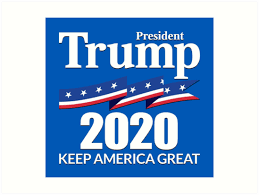
 D.K. Dickey |
D.K. Dickey |  1 Comment |
1 Comment |  Trump Wins Poll in
Trump Wins Poll in  Banking,
Banking,  Big Labor Unions,
Big Labor Unions,  Business Fraud,
Business Fraud,  Donald Trump,
Donald Trump,  Election Voting Issues,
Election Voting Issues,  FDR Policies,
FDR Policies,  Fed Policies,
Fed Policies,  Main Stream Media Bias,
Main Stream Media Bias,  Mexico Border,
Mexico Border,  Muslim Terrorists,
Muslim Terrorists,  Obama Policies,
Obama Policies,  Obama Scandals,
Obama Scandals,  Progressive Liberal Programs,
Progressive Liberal Programs,  Reaganomics,
Reaganomics,  Social Security Issues,
Social Security Issues,  Socialist Programs,
Socialist Programs,  Taxation Issues,
Taxation Issues,  Trump ,
Trump ,  U.S. Budget Issues,
U.S. Budget Issues,  U.S. Constituitional Law,
U.S. Constituitional Law,  U.S. Constitution,
U.S. Constitution,  U.S. Federal Bailouts Programs,
U.S. Federal Bailouts Programs,  U.S. Foreign Policy,
U.S. Foreign Policy,  U.S. Laws,
U.S. Laws,  U.S. Office of Management & Budget,
U.S. Office of Management & Budget,  U.S. Politics,
U.S. Politics,  U.S. Presidential Elections,
U.S. Presidential Elections,  Union Benefits & Pension Funds,
Union Benefits & Pension Funds,  Unions,
Unions,  Voter Fraud,
Voter Fraud,  Wall Street,
Wall Street,  Wall Street Bailout,
Wall Street Bailout,  Washington Politics
Washington Politics 


